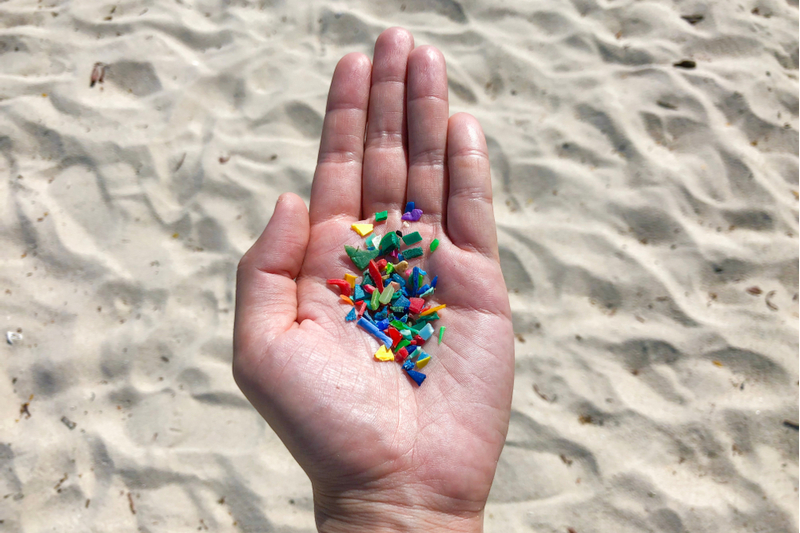I
f you don't know what microplastics are, then you should. They can be deadly to our aquatic and ocean life with multiple issues occurring. It's been discovered that microplastics can impact people too as a European study showed that all participants had microplastics in their bodies. Here's everything you need to know.
What Are They?
Plastic debris is found in oceans all over the world. If the debris is less than 5mm in length it's called a microplastic. They come from larger pieces of plastic, including bottles or are found in moisturizers and exfoliants. Microplastics are so small they are able to pass through filtration systems, which causes problems.
The Effects on Wildlife
Microplastics are so small that birds can mistake them for food. Ingesting plastic can have a detrimental impact on wildlife and government agencies should be taking steps to protect animals. Fish can die from ingesting microplastics because they feel full but receive no nutrients.
Can Microplastic Harm You?
There's ongoing research into how microplastics can affect your health, but exposure to plastic-related chemicals can definitely affect a person's health. More research is needed to gauge just how harmful microplastics can be but it's clear they aren't a positive addition to the environment.
United Nations Try to Intervene
The United Nations Environment Programme has warned people that microplastics have been causing a threat to ocean life and people for many years. It lead Barrack Obama to sign the Microbead-Free-Waters act in 2015, which bans companies from using microbeads in cosmetic and personal care products. More needs to be done to protect our wildlife and further research will highlight the long-term effects of microplastics. Governments are beginning to find new solutions to plastic and many are introducing refill incentives to cut down on bottled drinking water.







